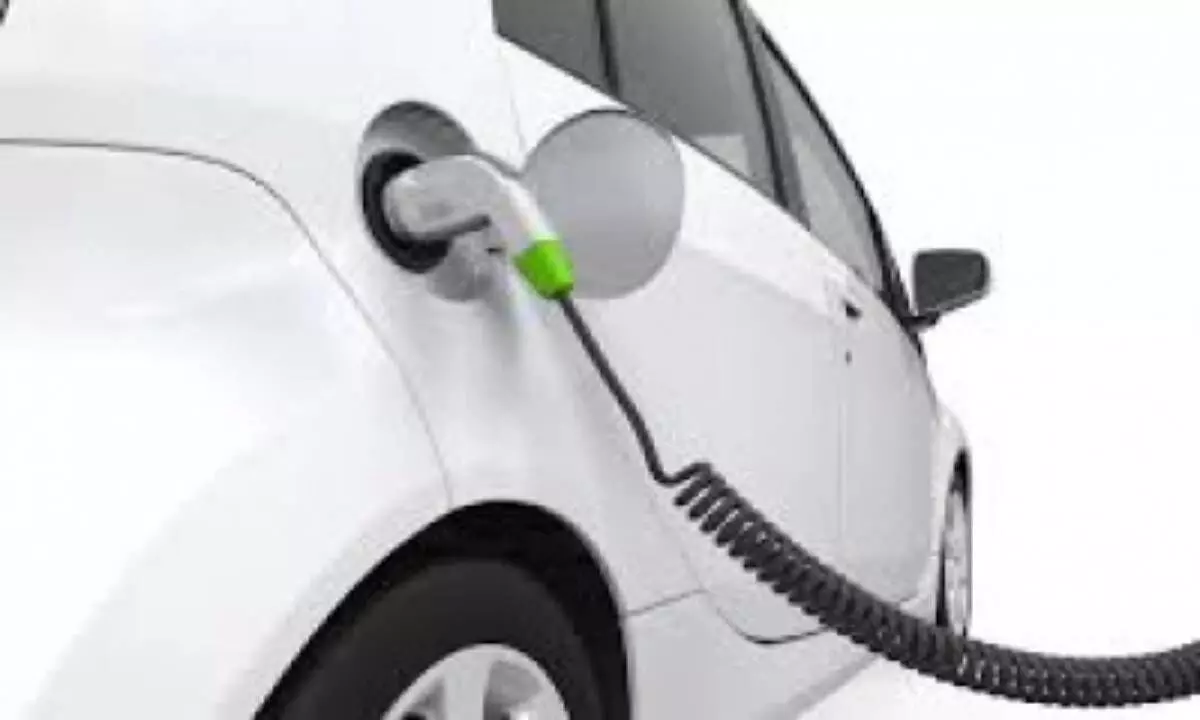Rising electric vehicle penetration in India driving investments to exceed Rs 70,000 crore by 2030
Electric vehicle (EV) penetration in India is set to drive Investments in cell manufacturing, the critical component in making EVs, which are estimated to exceed Rs 70,000 crore by 2030, said a report by credit rating agency ICRA on September 2.
image for illustrative purpose

Electric vehicle (EV) penetration in India is set to drive Investments in cell manufacturing, the critical component in making EVs, which are estimated to exceed Rs 70,000 crore by 2030, said a report by credit rating agency ICRA on September 2.
"In EVs, advance chemistry batteries remain the most critical and the costliest component, accounting for almost 35-40% of the vehicle price...to achieve mass scale penetration of EVs and a competitive cost structure, India will need to create its own eco-system of developing battery cells locally, " Said Shamsher Dewan, Senior Vice President & Group Head - Corporate Ratings, ICRA in the report.
Investments in battery manufacturing will also help bring EV costs down, the report stated. "Achieving economies of scale in battery manufacturing will remain critical in lowering the cost of an EV and helping achieve pricing parity, " ICRA's report said.
Additionally, given that the charging infrastructure penetration will only improve gradually, improvements in energy efficiency remain imperative, it added.
"The ability of battery manufacturers to enter into agreements/alliances with players across the value chain to mitigate these risks, coupled with the creation of a robust framework for recycling would remain key, " the report said.
In fact, the Government of India (GoI) recently signed agreements with three companies for incentives under its Production-Linked Incentive (PLI) Scheme for Advanced Chemistry Cell (ACC) Battery Storage. The policy emphasises enhancing domestic value addition and is expected to support capability development in this sunrise.
The companies are Reliance New Energy Limited, Ola Electric Mobility Private Limited, and Rajesh Exports Limited. These companies will receive incentives under India's Rs 18,100 crore programme.
While Lithium-ion batteries have emerged as the battery of choice for EVs, given their high energy efficiency, decent thermal stability and low self-discharge, Lithium Nickel Manganese Oxide (NMC) is the most prevalent cathode chemistry currently.
ICRA expects Lithium Iron Phosphate (LFP) chemistry to also gain increased acceptance going forward, given its higher thermal stability and lower production cost.

